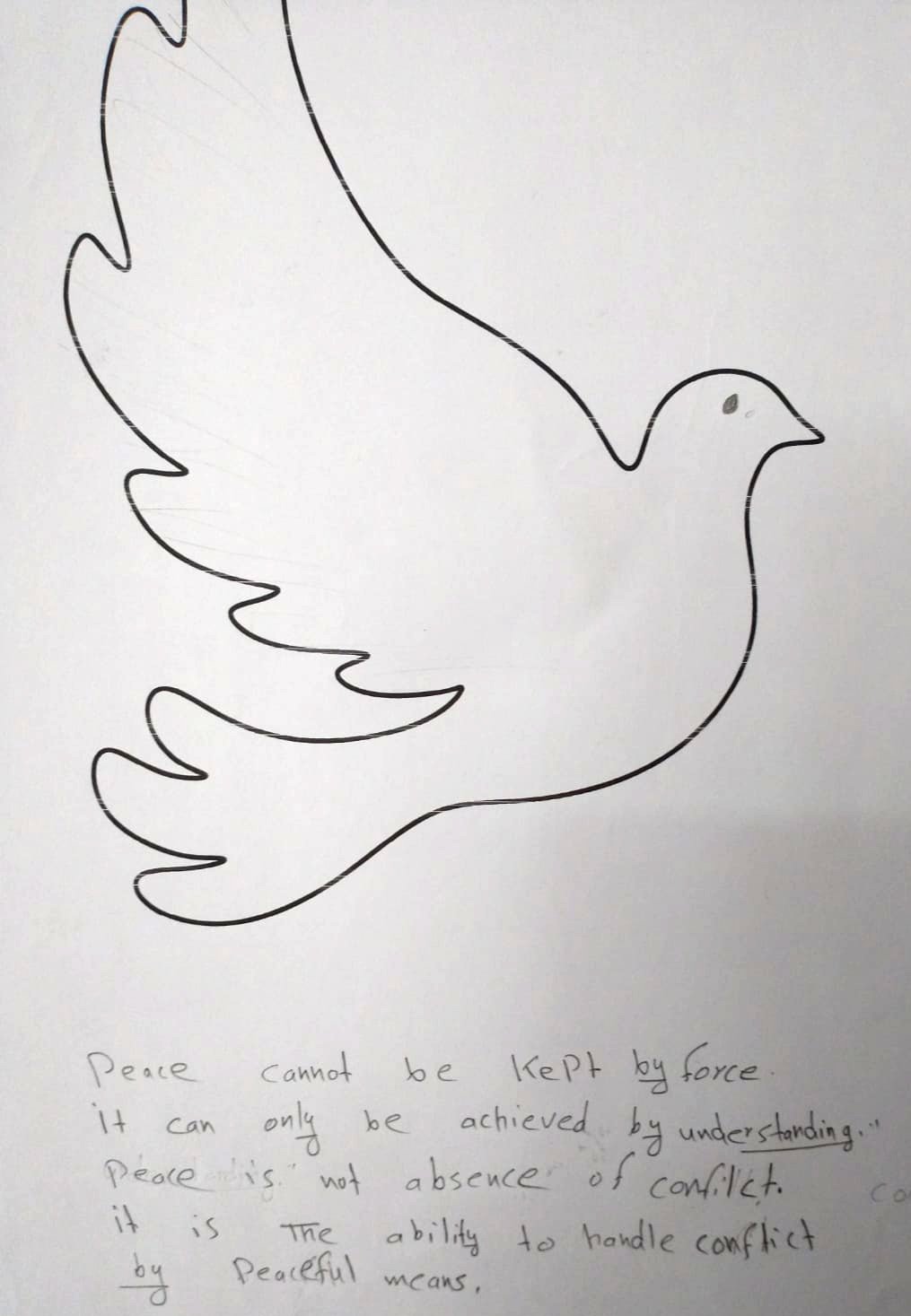things need to be different now
By Razia, Chief Executive Officer
We have been amazed by the humane response of solidarity to KRAN during the week of violent protests. Funders, faith groups, organisations, public servants and individuals all reached out.
Even individuals unknown to us offered support, from defending our hub in advance of planned violent protests on 7 August , to offering to take our students safely home or paying for taxis, to offering to help the following morning if acts of violence had been committed! As our former long-standing Chair Ann Whitbourn said in a recent interview for our Family Matters Heritage Project: “It is these little acts of kindness from complete strangers that remain with you.”
We were all devastated and shocked to hear that three innocent little girls had been fatally stabbed and offer our condolences to the grieving families and their communities. But that was a spark: the fuel had been laid down over the past few years by senior politicians and the media. They positioned refugees and asylum seekers as the “other” or “undeserving”, legitimising the dehumanising narrative. They were unchallenged and the language became part of the nation’s accepted discourse.
Pro-Palestinian demonstrations defined as “hate marches”, lawyers and solicitors called “lefties” for defending victims of smugglers, such as those who were forced to steer dingies across the Channel, trivialising those crossing the Channel and fleeing persecution as “just Albanians”, or “jumping the queue” - the list goes on.
Prejudice is a long-term process of demonisation: politicians, the media and influencers have all been complicit by either adopting the language of hate or not correcting it. A bureaucratic response is not the answer. There needs to be a dramatic cultural shift and for the narrative of the leadership to take a clear stance that things will be different now and what was accepted in the past will no longer be tolerated.
There is also a responsibility to look at the deeper causes of why people joined the violent protests, especially young people: why do they feel marginalised, frustrated and unheard and think violence is the answer?
Leading up to the general election, our young people created a manifesto asking politicians to focus on five key areas: safe routes, education, housing, media representation and the right to vote.
When parliament debated the Nationality and Borders Act (NABA) and Illegal Migration Act ((IMA) over the past two years and there were objections by the House of Lords and human rights organisations, safe and legal routes were promised but have still not materialised. Instead the focus has been on more border security.
In a recent consultation with our young people who were newly arrived in the UK, education was a fundamental need to adjust to life here. This is not just about English for Speakers of Other Languages (ESOL), it's about learning new lifeskills, dealing with trauma and transitioning to life in the UK, health and wellbeing and not feeling isolated and having the opportunities to succeed.
There is a social housing crisis, but our young people now have to look for private rented accommodation that is affordable and accessible at the age of 19 when most are still in college and do not have a secure job; they face discrimination on a number of levels.
Even at a recent mainstream news interview with a well-known journalist, we had to correct his language when he talked about “illegal” asylum seekers with our Media Ambassador - the framing of the story has such an impact on the wider community.
At another interview, we were scheduled on an international live radio talk show, where we waited with individuals with very opposing views. They were talking about our young people and their experiences in such a way that I had to insist our Media Ambassadors didn't take it personally and suggested that they leave and not listen to that segment of the broadcast.
Refugees are not just a “token” news story, they are people who are resilient and have survived trauma and have fled persecution, but they are also talented nurses, artists, sports people etc. The right to vote and citizenship - so that they can finally be treated as equal citizens and have a say and participate in their civic duties - is the final area that needs to be addressed. Being given temporary status and limited leave means that they can never fully invest in their life in the UK and fulfill their potential to contribute to their communities.
In a show of solidarity, ordinary people have gathered, defying police and government recommendations to stay away and let the former handle it. These powerful, peaceful protests are the beacon of hope for the future in the UK and what British values have been and are: welcoming diversity and multiculturalism from the days of Empire, the Commonwealth and now.


